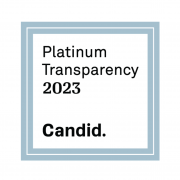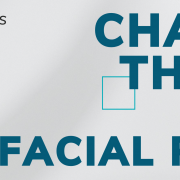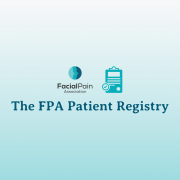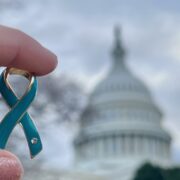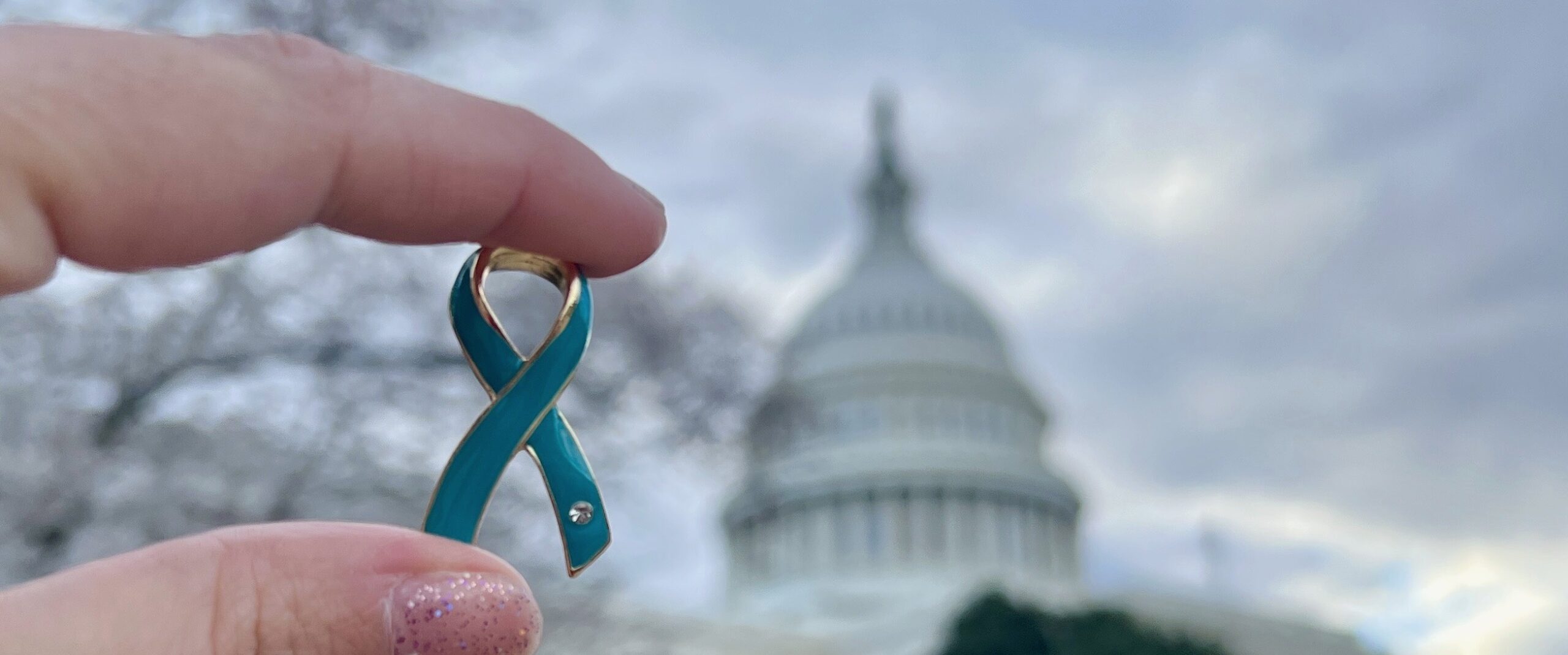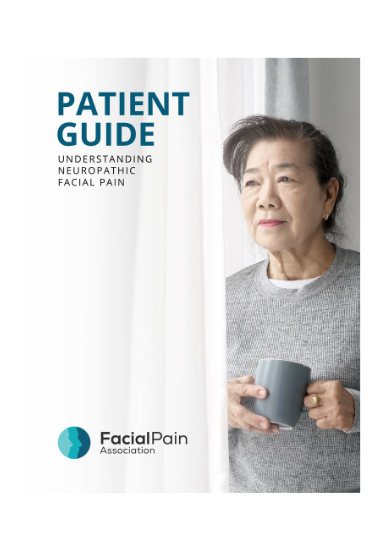The FPA congratulates Dr. Liedtke on his election to the American Clinical and Climatological Association
“Wow I’m in!” — it immediately hit me when I recently opened an e-mail from the American Clinical and Climatological Association (ACCA). Sounds like an unusual society —is this a recently founded group concerned with climate change?
Not at all — the American Clinical and Climatological Association was founded in 1884. As such, it is one of the oldest medical societies. At that time, there were no antibiotics, the world was on the cusp of discovering the bacterial cause of tuberculosis (1890), inhalation anesthesia had only been around since 1846 (intravenous anesthesia was invented in 1934), there were no psychiatric medicines, no insulin, no anti thrombotic therapy, no modern-day analgesics, and no antiinflammatories — doctors took advantage of ambient climatic conditions to control chronic disease, e.g. tuberculosis. Tuberculosis was a pressing un-met medical need in the latter half of the 19th century —patients became increasingly frail, gradually lost weight, and became anemic. Leading doctors aimed to enhance the resilience of chronic tuberculosis sufferers by exposing them to preferred climatic conditions and enhancing their nourishment. These doctors, at the time, represented an elite cadre of clinicians who tried to more rationally understand chronic disease and enhance their understanding by forming a dedicated association — sort of teaming up against disease.
The American Clinical and Climatological Association has kept its original name, and although it introduces a whiff of double-entendre, the organization has withstood the test of time with flying colors. It is a medical organization dedicated to rationale-based yet empathy-centered clinical care, with a strategic centerpiece of keeping membership highly restricted. This brings together 250 leading medical minds from the US and some from abroad. I am very proud to have been elected to the ACCA.
The American Clinical and Climatological Association is not obscure — members are publicly announced in their Transactions of the American Clinical and Climatological Association. At a glance, it is an eclectic crowd. Upon closer inspection, the robust cadre of internal medicine physicians at the heart of the association cannot be missed, a persistent principle since its inauguration. Clinical neuroscience and pain medicine are not palpably represented. I am part of that latter crowd, coming from the “neuro corner” of science. Since the American Clinical and Climatological Association appears to adhere to their time-tested principles, how come a candidate from left field like me got in? There must have been some good luck and a fabulous presentation by my nominators. But in terms of substance that carried my nomination over the finish line, I know that my nominators stressed my foundational discovery of TRPV4 ion channels with their general medical and physiological relevance (e.g. not only in sensory function and pain, but also in physiology and diseases of the heart, lung, skin, immune system, and so many more), together with my equally strong leg as a caring doctor who leverages experience, intuition, and scientific understanding to make a difference in my clinics.
As a member of the American Clinical and Climatological Association, I will make new friends in the medical field, enhance my network, always be mindful of patients suffering from trigeminal neuropathic pain, and hold up their flag resolutely.








